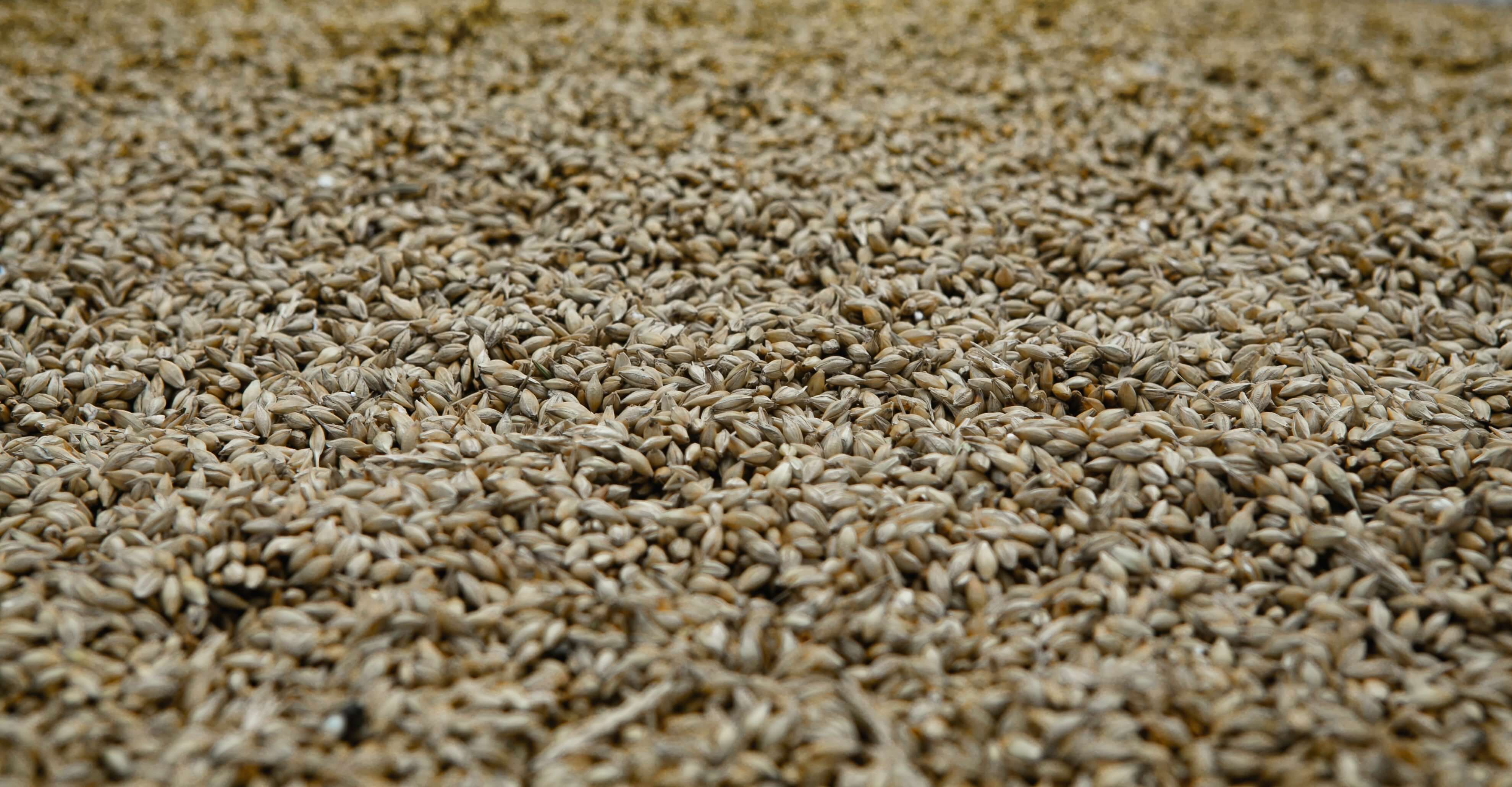Nutrition AI company PIPA, and EverGrain™, an ingredient business that upcycles brewer's spent grain, have teamed up to advance the study of the ancient grain using PIPA's computational platform, LEAP™. EverGrain™ has spent years researching the benefits and bioavailability of its EverPro® protein product and will leverage PIPA's AI capabilities to take their findings to the next level. LEAP™ will analyze thousands of molecules and identify potential polyphenol combinations that could lead to faster muscle recovery in high-performing athletes.
The partnership between PIPA and EverGrain™ is set to revolutionize the sports nutrition category by bringing a new generation of high-quality, scientifically sound, plant-based ingredients and products. EverGrain's Head of R&D, Steffen Muench, believes that collaborating with PIPA will change the game in the sports nutrition category. The combination of PIPA's AI platform and EverGrain's research on the benefits of brewer's spent grain has the potential to lead to exciting discoveries and insights that could propel the industry forward.
Searching For Sustainable Protein Sources
The nutrition industry has been actively researching new sources of protein to address the growing demand for sustainable and nutritious food options. While traditional protein sources, such as animal-based products and soy, remain popular, the industry is looking at alternative sources that are more environmentally friendly and can meet the nutritional needs of a growing population.
One promising area of research is using insects as a source of protein. Insects are highly nutritious and can be raised with significantly fewer resources than traditional livestock. They can also be raised in urban environments, making them a potentially viable protein source for urban populations. Although the consumption of insects may be considered unconventional in some cultures, research has shown that insects can be processed into various palatable and nutritious food products.
Another area of research is the use of plant-based sources of protein, such as algae and seaweed. Algae and seaweed are highly sustainable and can be grown using minimal resources, making them a promising alternative to traditional protein sources. These plant-based protein sources are also highly nutritious, providing essential amino acids, vitamins, and minerals. The challenge for the industry is to find ways to incorporate these alternative protein sources into existing food products without compromising taste, texture, or quality.
Photo by Amit Lahav on Unsplash



1 Comment